I recently posted on my social media networks that if you have been professionally writing for at least 5 years, and you're not charging $1+/word, you're not charging enough.
I got bunches of DMs in response asking if that is for real a realistic rate, and how to go about raising rates.
Yes, it's absolutely a realistic rate. I don't even look at a project if it's not within that range, and I'd venture to guess other friends that write in the SaaS space probably don't either.
But, here's the thing.
Charging high rates isn't a given in freelance writing, and it's not even about how well you write.
Being confident in charging high rates is 100% about being a good business owner.
Before you start charging more, here's what you need to do:
1. Build a website immediately
A website gives you credibility and shows you care about your business and clients. If you don't have a website, you need one now.
I recommend building a WordPress site, hosted through Bluehost. WordPress is intuitive enough for you to build a great site by yourself. You can learn how to start a website here.
2. Gather quality samples
If you want to charge higher rates, show clients you know how to write. If you haven't been published yet, it's okay. Write some specs to share with clients.
Yes, it will take some time to build your business, but starting with specs is perfectly acceptable.
3. Iron out your processes
I cannot stress enough how important it is to build business processes.
Do you know what to say on your first client call and kick-off call?
Do you have an onboarding process?
Do you know how to write a proposal?
Do you have a content brief?
Do you have a process for editing?
Do you know how to use project management tools?
Do you have a legal contract?
If the answer is "no" to any or all of these questions, please check out this guide + kit for freelance writers. It comes with EVERYTHING you need to run a successful freelance business + templates you can use to hit the ground running. The info in the guide holds the keys to boosting your rates.
GET THE FREELANCE WRITERS GUIDE + KIT HERE
4. Build a network
Your freelance writer network will be one of your biggest tools in getting clients and even raising your rates.
Connect with other freelancers that write in your niche, build relationships, and set up a way to get and give referrals.
5. Learn content marketing
Writing for the internet isn't just about being a stellar writer. It's about knowing how to write for a specific audience and understanding the rules of content marketing.
Why? This is how you get results for your clients.
All freelance writers should know the basics of SEO and how to optimize content for optimal search results.
I'll send out more tips next week. This should be enough to get you started. Taking these steps will 100% make a difference in how much you make this year. You got this!



